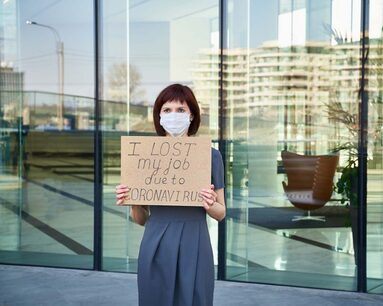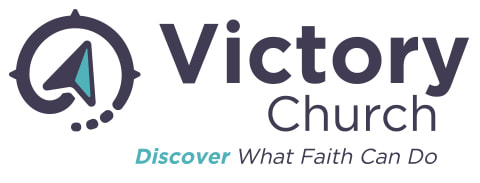 I was driving to my office on Monday morning when the phone rings. One of our church members tells me a family member tested positive for COVID, so they’re quarantined for 14 days. They call me back 45 minutes later and said they were let go from their job. A staff member walks into my office and says another one of our members is completely out of work because their company is shut down because of COVID. I get a call from an entrepreneur who says the market has virtually dried up – they’ve got zero work coming in. It’s a terrible Monday morning. It may be true that COVID stole their jobs. But for a disciple, COVID can’t steal their vocation for their occupation. COVID has exposed the gaps that have already existed in transformational and biblical discipleship. The reality is our mission as pastors is to equip the saints for the work of ministry (Eph 4:12-16) not within the walls of our churches, but in the context of their work. If we don’t know what our people do to make a living the other six days, and how the characteristics of a disciple play out in the real world, I would suggest that we are in trouble. Public intellectual Charlie Self says, “We must prepare people with vocational clarity and occupational flexibility”. Vocational clarity is about a sense of calling that every believer has heard from God about their specific purpose in the Kingdom. We have all been given unique gifts and talents and a divine design that benefits us, our families, our communities and as we seek the common good. As we think about vocational clarity we think about the dignity of our work and how that matters, but it goes much further than a job. It’s about the long game of who we are at the core, whether we are a big picture visionary, a detailed analyst, a relationship seeker, or a natural contributor. Vocational clarity also plays itself out in our mission with spouse and how our teamwork is guided by the Holy Spirit. Occupational flexibility is about how our practical skill sets accomplish our vocational clarity. In other words, our occupational flexibility is how we use our hard skills in different and creative ways to adapt to changing market conditions like those posed by COVID-19. If your vocational calling is being an artist or being a creative thinker, your occupational flexibility is about using your hard skills in construction or woodworking, deck building, plumbing, designing organizations, solving very complex problems, applying digital algorithms, or working the budget so that there’s a dynamic financial velocity. Occupational flexibility is the practical and hard skill sets that can be applied as a master tile cutter, your brilliance on excel spreadsheets, economic modeling, electrical work, or solving complex legal problems. It’s the millwright who can machine at a very detailed level for minute tolerances to build a custom steam furnace. It is the discipline of expanding and honing your practical skill sets that creates your occupational flexibility. When you have occupational flexibility, work becomes a matter of location and preference. You get to choose how you fulfill your vocational clarity and apply your occupational flexibility within the work that you are able to do. As a disciple we understand the divine design at a deep personal level creates vocational clarity. But the disciple also has to seek the guidance of the Holy Spirit to develop occupational flexibility. That’s when work is no longer a chore but a joy. Work then adapts to the location and context of what and where you want to spend your time. The reality is COVID may have stolen your job, but nothing between heaven and hell can steal your God given vocation (i.e. your divine calling). Your occupation is a matter of navigating and honing your practical skill sets. Once you’ve achieved vocational clarity and you develop occupational flexibility with your practical and hard skill sets, your work becomes a creative act of worship unto God, and no virus can steal that from you! The Discipleship Dynamics Assessment TM is a discipleship tool that allows you to measure your discipleship progress in four of the Discipleship Outcomes that are mentioned in this blog (see the Outcomes in italics). Jamé Bolds, Ph.D. Candidate (Universiteit Stellenbosch) is the lead pastor of Victory Church, Yorktown, VA as well as an adjunct professor at Gordon-Conwell. He writes on Pastoring Faith, Work and Economics at jamebolds.com This article was originally published on July 21, 2020 on Discipleship Dynamics, LLC blog.
Reprinted with permission. https://discipleshipdynamics.com/blog/ |
bio:+ Economic Theologian |


 RSS Feed
RSS Feed